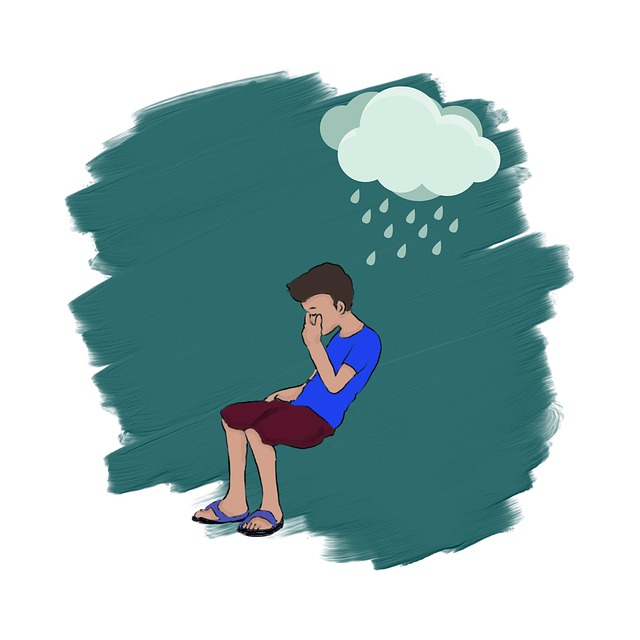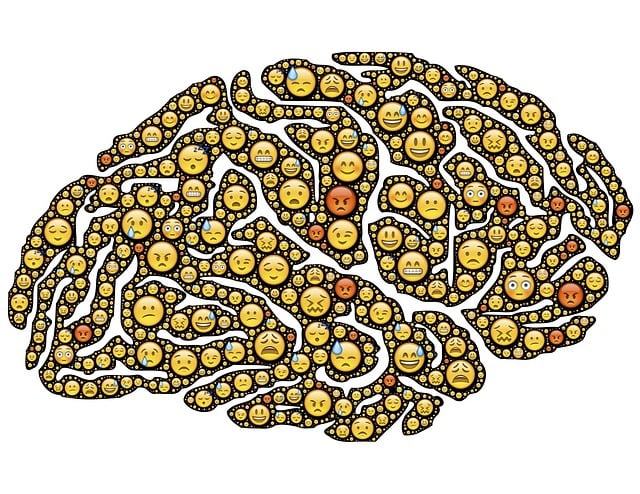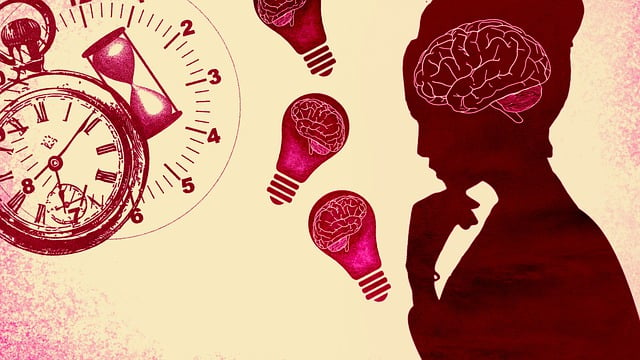Cultural sensitivity in mental healthcare, particularly within communities like Littleton focusing on Functional Neurological Disorder (FND) therapy, is crucial. Recognizing cultural influences on mental health, therapists integrate diverse cultural insights into treatment, enhancing effectiveness and patient relationships. This approach, coupled with public education campaigns, promotes inclusive care and improves outcomes, especially for depression prevention. Skilled therapists in Littleton FND therapy, through continuous learning, contribute to comprehensive mental health policy and advocate for culturally sensitive practices, meeting the growing demand for inclusive healthcare.
In today’s diverse society, cultural sensitivity in mental healthcare is more crucial than ever. This article explores the essential concept of culturally competent practice, focusing on its benefits and challenges, especially in treating conditions like Littleton Functional Neurological Disorder (LFND). We delve into strategies to overcome barriers, debunk myths, and integrate cultural awareness into assessment and treatment plans. By fostering trust and respecting diverse beliefs, therapists can enhance LFND therapy outcomes for all clients.
- Understanding Cultural Sensitivity in Mental Healthcare
- – Defining cultural sensitivity and its significance in mental health
- – Benefits of culturally sensitive practice for both clients and therapists
Understanding Cultural Sensitivity in Mental Healthcare

Cultural sensitivity in mental healthcare refers to the ability to understand and respect the diverse cultural backgrounds, beliefs, and practices of individuals seeking therapy. It involves recognizing that mental health issues can be influenced by cultural factors, such as family dynamics, community norms, and traditional healing methods. In a place like Littleton, where Functional Neurological Disorder (FND) Therapy is increasingly sought after, cultural sensitivity becomes even more critical. FND often intersects with other cultural aspects, requiring therapists to be adept at navigating complex mental health challenges within specific cultural contexts.
For mental healthcare professionals, this means going beyond basic cross-cultural training. It involves continuous learning about different cultures, their traditions, and their impact on mental wellness. A thorough risk assessment for mental health professionals should include cultural sensitivity as a key component. By integrating these insights into therapy sessions, practitioners can enhance the effectiveness of treatment, foster better patient-therapist relationships, and ultimately improve outcomes in managing conditions like depression prevention and other mental health concerns.
– Defining cultural sensitivity and its significance in mental health

Cultural sensitivity in mental healthcare refers to the ability to understand, appreciate, and respect the diverse cultural beliefs, values, and practices of individuals from various backgrounds. This involves recognizing that mental health experiences and expressions can differ significantly across cultures. In a city like Littleton, where Functional Neurological Disorder (FND) therapy is prevalent, cultural sensitivity becomes even more crucial. The significance of this approach lies in ensuring that mental healthcare services are accessible, effective, and tailored to meet the unique needs of every patient, regardless of their ethnic, racial, or cultural identity.
Promoting mental health awareness within diverse communities often requires adopting conflict resolution techniques that bridge communication gaps. Public awareness campaigns development, for instance, can play a pivotal role in educating both healthcare providers and the public about FND and other cultural-specific mental health concerns. By fostering a culturally sensitive environment, Littleton’s mental health professionals can enhance patient outcomes, build trust, and contribute to a more inclusive and equitable mental healthcare system that serves all residents, regardless of their cultural background.
– Benefits of culturally sensitive practice for both clients and therapists

Incorporating cultural sensitivity into mental healthcare practice offers profound benefits for both clients and therapists alike. When therapists adapt their approach to align with a client’s cultural background, it fosters a deeper sense of understanding and trust. This is particularly crucial in diverse communities, where individuals may face unique challenges related to their cultural identity, traditions, and beliefs. For example, a client from a specific ethnic group might have certain expectations regarding therapy sessions, communication styles, or even the role of family dynamics—considering these nuances can significantly enhance the therapeutic experience.
For clients, culturally sensitive therapy provides a safe space where they feel seen and heard. It enables individuals to explore their mental health issues through a lens that respects their cultural context, which is essential for effective treatment. This approach not only improves therapy outcomes but also encourages clients to engage in self-care practices, develop coping skills, and actively participate in their recovery journey. As the demand for inclusive healthcare grows, therapists skilled in cultural sensitivity, such as those specializing in Littleton Functional Neurological Disorder Therapy, are increasingly recognized as valuable assets within the mental health community, contributing to a more comprehensive Mental Health Policy Analysis and Advocacy.
Cultural sensitivity is an indispensable aspect of modern mental healthcare, especially in diverse communities like Littleton. By embracing cultural competency, therapists can provide more effective treatment for conditions such as functional neurological disorders (FNDs), ensuring that care is tailored to each client’s unique background and needs. This approach not only enhances therapeutic outcomes but also fosters trust and builds stronger relationships between therapists and clients from various cultural backgrounds, ultimately revolutionizing mental health support in Littleton and beyond.









